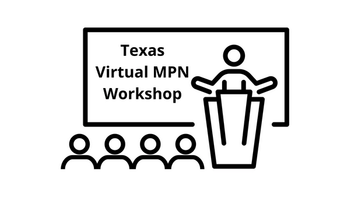
Experts in myeloproliferative neoplasms find janus kinase inhibitors to be particularly important to the armamentarium for the treatment of myelofibrosis. With only 2 FDA-approved agents, fedratinib and ruxolitinib, and the inevitability that not all patients will derive benefit, and some will develop resistance, the option of moving beyond JAK inhibition is widely discussed.



